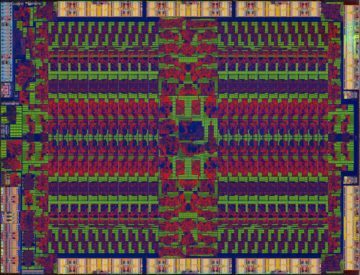by Fabio Tollon

Machines can do lots of things. Robotic arms can help make our cars, autonomous cars can drive us around, and robotic vacuums can clean our floors. In all of these cases it seems natural to think that these machines are doing something. Of course, a ‘doing’ is a kind of happening: when something is done, usually something happens, namely, an event. Brushing my teeth, going for a walk, and turning on the light are all things that I do, and when I do them, something happens (events). We might think the same thing about robotic arms, autonomous vehicles, and robotic vacuum cleaners. All these systems seem to be doing something, which then leads to an event occurring. However, in the case of humans, we often think of what we do in terms of agency: when we do perform an action things are not just happening (in a passive sense). Rather, we are acting, we are exercising our agency, we are agents. Can machines be agents? Is there something like artificial agency? Well, as with most things in philosophy, it depends.
Agency, in its human form, is usually about our mental states. It therefore seems natural to think that in order for something or other to be an agent, it should at least in principle have something like mental states (in the form of, for example, beliefs and desires). More than this, in order for an action to be properly attributable to an agent we might insist that the action they perform be caused by their mental states. Thus, we might say that for an entity to be considered an agent it should be possible to explain their behaviour by referring to their mental states. Read more »
